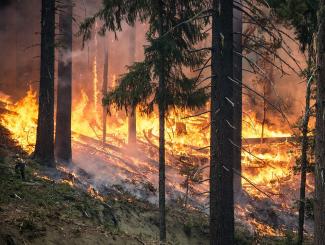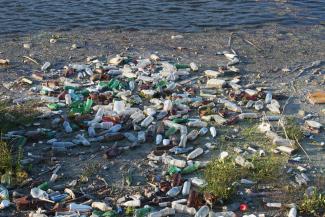Wednesday, May 8, 2019
By now, you have seen how biotech is transforming the food industry. You have also seen how it can revolutionize the construction and textile industries. In this final episode, we will explore biotechnology products you may find in your home in the near future.
The same platform used to brew hoppy beer without the hops, discussed in our last episode, is also transforming the fragrance business. In partnership with a Swiss perfume company, the bioscience firm Amyris synthetically produced patchouli, one of the essential oils that constitutes traditional perfume. This product, called CLEARWOOD®, was created using engineered yeast as its microbial platform, a more sustainable alternative to the costly and lengthy cultivation and extraction process of the patchouli plant. Meanwhile, Ginkgo Bioworks has designed its own aromatic oil....









